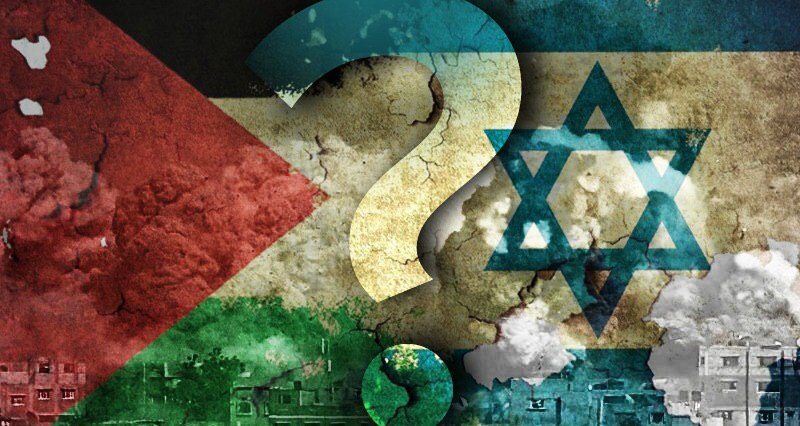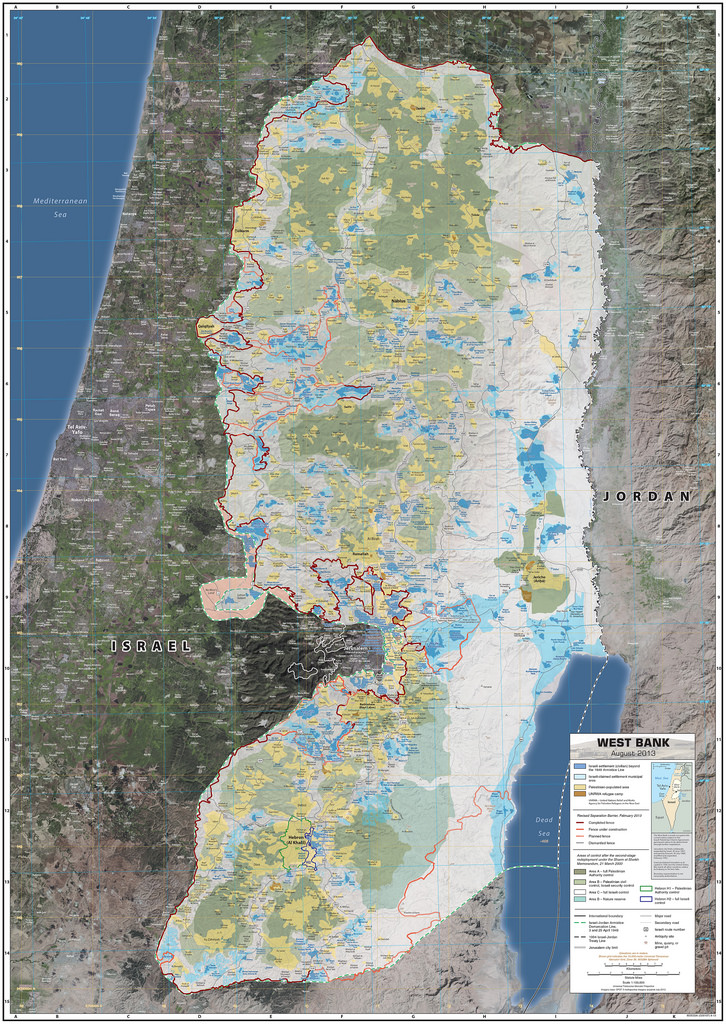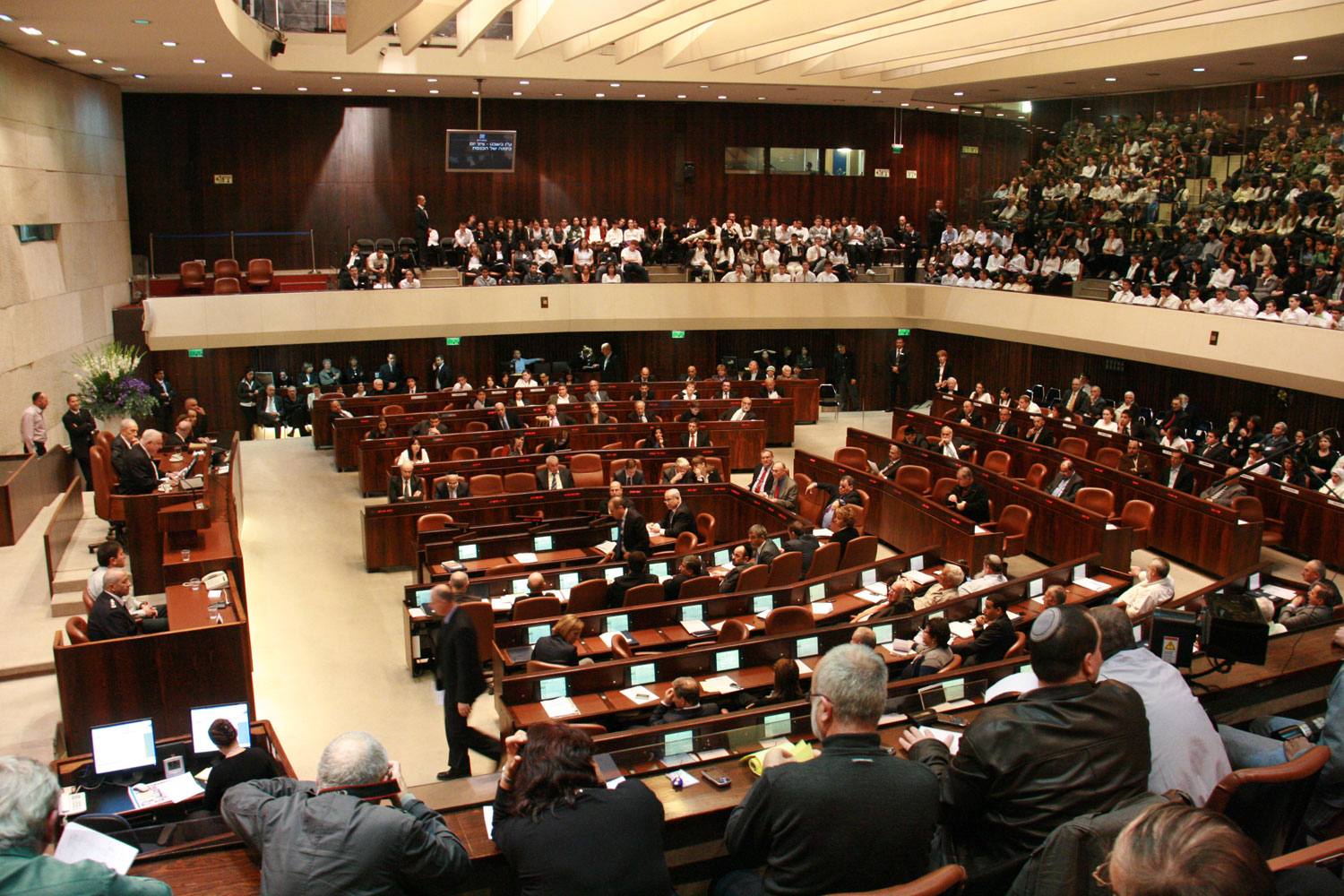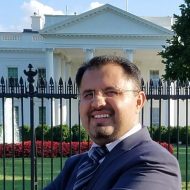01/29/2019
The Two-state solution is dead: a binational state is the solution

An increasing number of Palestinian and Israeli politicians and scholars believe that the two-state solution in Israel-Palestine is no longer an option, mostly because of Israel’s settlement policy in the occupied West Bank. The international community is increasingly more receptive to the idea of a shared country for Jews, Muslims and Christians in Israel-Palestine. Former US Vice President Joe Biden famously said in April 2016 that Israeli Prime Minister Benjamin Netanyahu’s steady expansion of settlement policies were moving Israel toward a “one-state reality.”
Emboldened by the rise of the religious right and evangelical-influenced politicians from all over the West, particularly the United States, the Netanyahu government is pursuing an aggressive settlement policy in occupied Palestine. This unprecedented land grabbing and expansion has created a de facto annexation of the same Palestinian territories that were supposed to be part of the future state of Palestine and thus, has made the idea of two-state solution obsolete.

Bantustanization and the future of Israel’s democracy
During apartheid in South Africa, black residents were only allowed to live in dedicated townships known as `Bantustan` and barred from entering the `whites-only` neighborhoods. That outrageous arrangement came to an end in 1994 when Nelson Mandela formed the national unity government.
Israel boasts about being the only democracy in the Middle East as many neighboring countries don’t have free and fair elections and some countries even don’t bother to have any elections at all. Israel indeed is a Western-style democracy in one sense, but at the same time it neither seeks to extend democratic rights and privileges to the Palestinian population, nor does it agree with the idea of ending the occupation and creating a sovereign and independent Palestine. To make things worse, Israel has recently taken two terrible actions:
One- Israel, in early January 2019, inaugurated a new segregated road that separates Palestinian and Israeli traffic in the occupied West Bank. This notorious highway is dubbed ‘Apartheid Road’ by Palestinians and backed up by huge walls. It restricts Palestinians’ access to certain areas in a way that is reminiscent of Bantustan.
Two- on July 19, 2018, the Israeli Knesset passed a bill known as `Nation-State Law` according to which Israel is the nation-state of the Jewish people. This law equates Israeliness with Jewishness and ignores the fact that Arab (Muslim) Israeli citizens make up 20 percent of Israel’s population and denies Israeli identity to other minorities including non-Muslim Arabic-speaking Druze, who, unlike Muslim Israeli-Arabs, even serve in the Israeli army. No need to mention that this law doesn’t recognize any rights for Palestinians as indigenous people of the land.
Observers believe that measures such as the Nation-State Law and Apartheid Road are bringing Israeli claims to democracy to an end and dragging the country into a situation similar to pre-1994 South Africa.
One-state but what kind?
The quick population growth among illegal Jewish settlements in the West Bank and East Jerusalem, different pro-settlement Knesset bills and accelerated Palestinian home demolitions, have led to a situation of de-facto annexation of the West Bank by Israel. Therefore, the long-held idea of having two separate sovereign and independent states for Palestinians and Israelis living side by side in peace is neither relevant nor feasible, nor practical anymore.

There are various interpretations of the one-state solution for future Israel-Palestine. One approach is exclusivist and denies the other side the right to exist. On the Palestinian side, extremist groups such as Hamas and Islamic Jihad and their Iranian and Arab supporters believe in a one-state solution, according to which, Jews must return to their countries of origin where they immigrated from since 1948. On the Israeli side too, far-right political parties including the HaBayit HaYehudi (Jewish Home Party) and Yisrael Beiteinu (Israel Our Home) share the same Hamas-Iran idea of a one-state solution but with one big difference: Israel only belongs to Jews and there are more than 20 Arab countries and Palestinians must pick one and leave Jewish Judea and Samaria (the so-called Biblical name for the West Bank.)
Not only are these exclusivist and rejectionist options not a viable option for one-state solution scenarios, they also are part of the problem for obvious reasons. Those radical scenarios aside, a “binational state of Israel-Palestine” is the only viable approach to permanently resolving the Israeli-Palestinian conflict. This binational state would be realized with the creation of a federal Israeli-Palestinian state, which would include all of the present territory of Israel, the West Bank, East Jerusalem, and the Gaza Strip. This binational state needs to be built on the foundation of national equality, democratic federalism and the “one-person-one-vote” principle. If this happens, it could be the 21st century’s greatest diplomatic achievement. Such a binational entity has the potential to end Palestinian plight, free Israel from being an occupying force and erase root causes of terrorism. It is no coincidence that cases of terrorism are rare if not nonexistent, among Arab Israelis who enjoy a dignified life and a citizenship status.
Obviously, Palestinians cannot be held in the stateless limbo forever and no excuse can justify their statelessness and life in refugee camps for several generations. The time has come for Israel to unconditionally extend citizenship rights and responsibilities to all Palestinians in a future one shared state that is going to accommodate both Palestinians and Jews. This can only happen if Israel abandons the Jewish state dogma, or else, it is going to become more and more like a 21st-century apartheid state. Justifications such as “promised Biblical land for the chosen nation”, the fantasy of a future two-state solution, and terrorism and security concerns cannot and must not deter Palestinians, as indigenous people of the land, from living in a free democratic and secular binational country of Israel-Palestine.
Time for great courage and big compromises?
More and more people are gradually convinced that a one-state solution in which Jews and Arabs (Muslim and Christian), have equal citizenship, rights and responsibilities is a solution to the 70-year-old problem. For this solution to materialize, democracy should be more important than Israel’s Jewishness and Palestine’s statehood.
In addition, if the binational state of Israel-Palestine was decided on, continuing the status quo would be impossible. Israel-Palestine wouldn’t have the capacity to absorb six million Palestinian refugees and almost the same number of Jewish diaspora. Within this great compromise for peace, Palestine would need to resolve its massive refugee population problem within the boundaries of the hosting countries. Likewise, Israel would have to dramatically slow down on its Aliyah policy (the mass immigration of Jews from the diaspora to the land of Israel-Palestine.)
Finally, instead of focusing on the most advanced weapons, giant walls, segregated roads and discriminatory laws, Israel would need to consider Palestinians indigenous people of the land alongside Jews as a first step. There is no doubt that resolving the oldest Middle East conflict would unleash an era of prosperity, tourism and economic boom in Israel-Palestine, benefits of which would go far beyond the boundaries of the Holy Land.

Ahmad Hashemi is an Iranian freelance journalist and a senior expert in the Middle East region and global geopolitical trends. He has a bachelor's and a master's degree in politics from the University of Tehran. He is currently pursuing another Master’s degree in the Missouri State University’s Department of Defense and Strategic Studies, located in the Washington D.C. metropolitan area. On Twitter: @MrAhmadHashemi
No comments:
Post a Comment